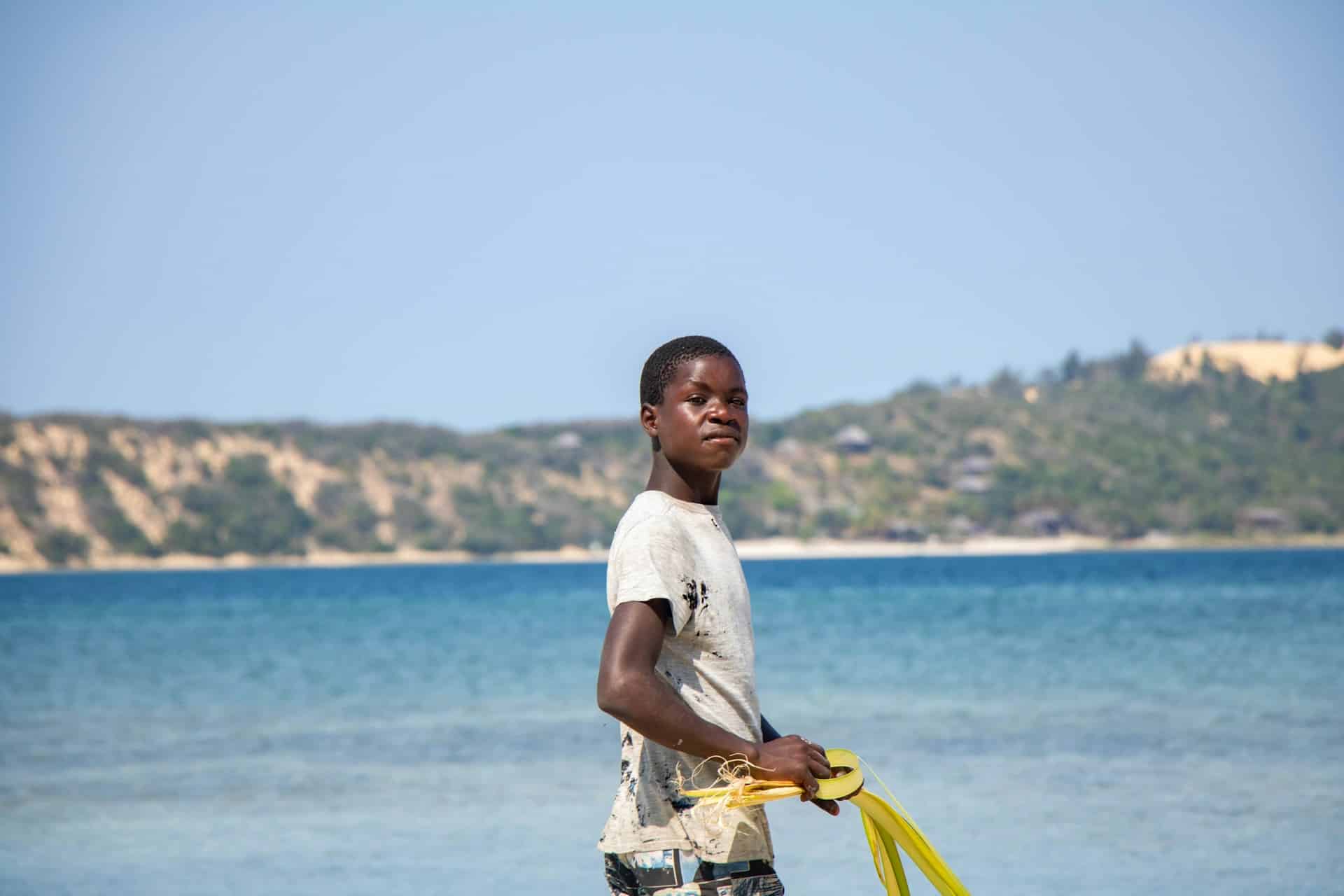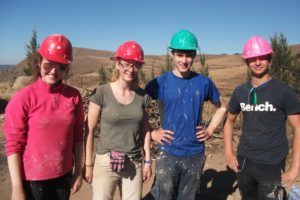Mozambique, with its pristine coastline, rich cultural heritage, and diverse ecosystems, is emerging as a sought-after travel destination. Beyond its picturesque landscapes, the country is increasingly turning to community-based tourism (CBT) as a catalyst for sustainable development. CBT not only provides an authentic experience for visitors but also ensures that local communities directly benefit from tourism revenues. This model aligns with Mozambique’s broader objectives of poverty alleviation, cultural preservation, and environmental conservation.
What is Community-Based Tourism?
Community-based tourism is an approach where local communities are actively involved in tourism development and management. It allows them to retain control over resources, dictate the pace of tourism activities, and reap economic and social benefits. This model is particularly impactful in rural and underdeveloped areas, where traditional tourism models often fail to deliver tangible benefits to local populations.
In Mozambique, CBT initiatives are growing in popularity. Visitors have the chance to engage with local traditions, crafts, and conservation efforts while ensuring that economic gains are equitably distributed among community members.
Economic Empowerment Through Tourism
One of the most significant contributions of CBT in Mozambique is economic empowerment. Many coastal and rural communities previously relied on subsistence farming and fishing, both of which are vulnerable to climate change and economic instability. Tourism provides an alternative and often more stable source of income.
By engaging in CBT, communities can generate revenue through homestays, guided tours, handicraft sales, and cultural performances. For example, initiatives like those in the Quirimbas Archipelago and Gorongosa National Park have enabled locals to diversify their incomes. These efforts not only support individual families but also contribute to broader community development, funding schools, healthcare facilities, and infrastructure improvements.
Preserving Cultural Heritage
Mozambique boasts a rich tapestry of cultures, with influences from Bantu, Portuguese, Arab, and Indian traditions. CBT provides a platform for preserving and showcasing this heritage. Visitors who participate in traditional dance performances, culinary experiences, or storytelling sessions gain a deeper appreciation of Mozambique’s history and cultural diversity.
In many cases, CBT initiatives also encourage younger generations to embrace their cultural roots. The demand for cultural tourism creates incentives for communities to maintain traditional practices, such as Makonde wood carving, weaving, and dhow boat building, which might otherwise fade under the pressures of modernisation.
Environmental Conservation and Sustainable Tourism
Mozambique’s natural beauty is one of its biggest assets, but unregulated tourism and industrial expansion pose threats to its fragile ecosystems. CBT promotes sustainable tourism practices that prioritise environmental conservation.
Many CBT projects are integrated with conservation efforts. For instance, marine protected areas along the coast involve local communities in ecotourism activities such as snorkelling, whale watching, and turtle conservation programmes. By providing alternative livelihoods linked to conservation, these initiatives reduce dependence on destructive practices like overfishing and deforestation.

Moreover, CBT encourages responsible travel behaviour. Visitors are educated about eco-friendly practices, such as minimising plastic use and respecting wildlife, ensuring that their presence supports rather than harms the environment.
Challenges and the Way Forward
Despite its potential, CBT in Mozambique faces several challenges. Limited infrastructure in remote areas can hinder accessibility, while a lack of formal training for community members may affect service quality. Additionally, competition from larger tourism enterprises and external investors can sometimes overshadow local initiatives.
To overcome these challenges, investment in training programmes for hospitality management, language skills, and business development is essential. Partnerships between local communities, government agencies, and responsible tourism organisations like Sense Earth can facilitate knowledge-sharing and access to resources. Ensuring that CBT initiatives are well-marketed to international and domestic travellers will also be crucial for their long-term success.
Moving Forward
Community-based tourism presents a promising pathway for Mozambique’s sustainable development. By prioritising local participation, preserving cultural heritage, and promoting environmental stewardship, CBT can transform the nation’s tourism industry into a force for positive change. Travellers seeking authentic, meaningful experiences will find that Mozambique’s community-driven initiatives offer not only adventure but also a chance to contribute to a brighter future for its people.
Through continued investment, collaboration, and awareness, community-based tourism can unlock Mozambique’s potential as a leading example of responsible and inclusive travel.




